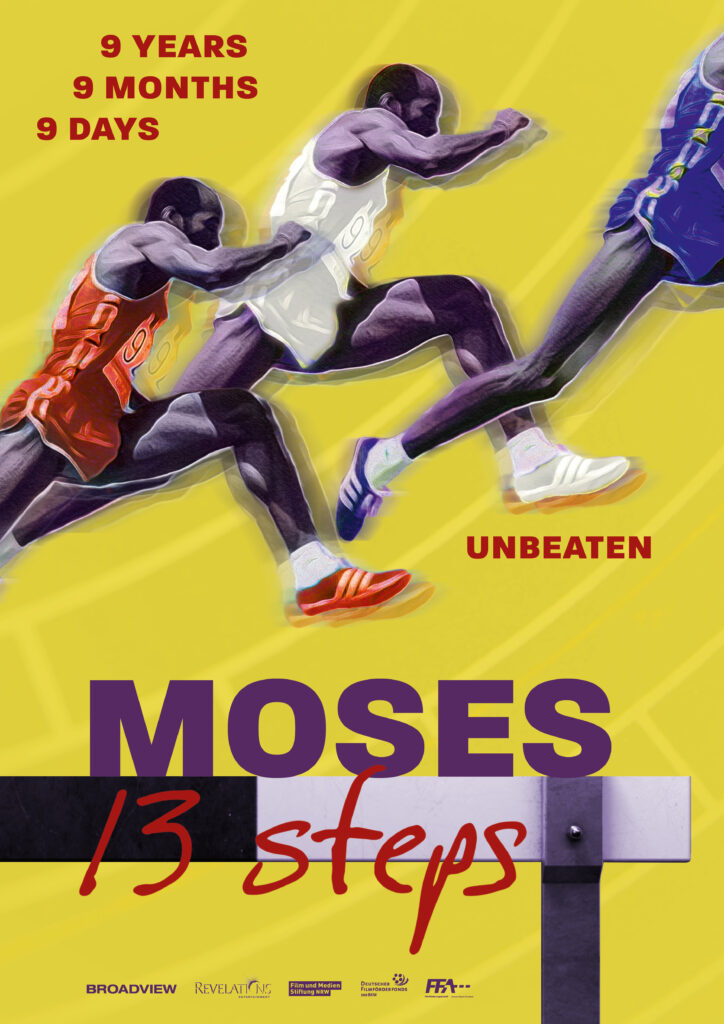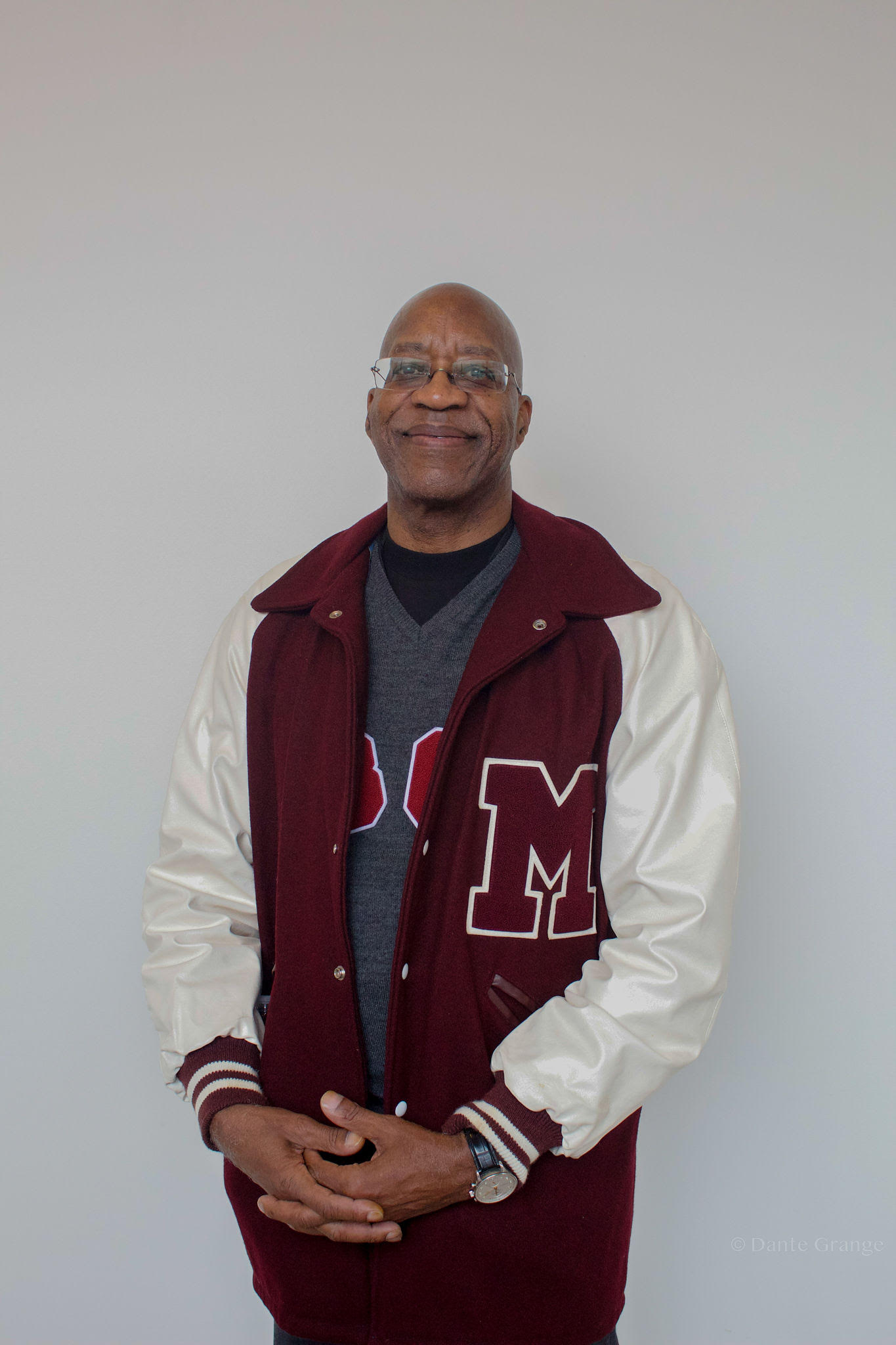For many of us, sports and education have been and still are polar opposites, never the twain to meet except when in need of attaining a passing grade or surviving gym class. And we’ve certainly heard about the disdain each has for the other. Yet there are many who thrive in both camps, who know themselves to be more than just one label, career, or socio-cultural standard.
For Edwin Moses, education was highly stressed in his family. His dad was a Tuskegee Airman and high school principal, and his mother was a curriculum advisor and reading specialist. Academically, Edwin’s sights were set on becoming an engineer, possibly going to medical school and designing medical equipment.
But when he was a young teen growing up in Dayton, Ohio, the city was one of 150 cities in the US selected for the urban aid initiative called the Model Cities Program. Youth programs were a part of that initiative, so Edwin, living right by a park, began joining in on sports and other activities.
In high school, he joined the track team and football. “In my freshman year, I was 5’ 6” and 102 pounds. My junior year, I was 5’ 7” and 110 pounds. I was one of the littlest guys on both teams. And in track, I always lost. But I had the biggest heart and drive. In the beginning, I was always behind the big guys but by the end of the season, I was running neck and neck with them.” His former coach has said, “He was the smallest guy out there, but the stopwatch told the story.”
And what a story it has been. Edwin has won two Olympic gold medals in the 400-meter hurdles and between 1977 and 1987, he won 122 consecutive victories and set the world record in the hurdles event four times. He has also won three World Cup titles and a World Championship gold.
Then there was school. Growing up hearing about his father’s experiences during WWII and European travels, he unknowingly became an internationalist, a student of the world. Edwin played in the school band and orchestra and loved visiting museums and the planetarium. He took French classes and toured France at age fifteen with other top French students from Dayton. It’s no wonder that by then, he already had an open mind that captured his interest in photography, science, travel, and world cultures.
Entering Morehouse College, the school provided him the opportunity to explore many different areas. At Morehouse, he took classes in philosophy, physics, history, religion, sociology, the sciences, Chinese art and history, and learned German.

Morehouse provided a protected environment where students could focus on their studies and interests. Despite that, the US was transforming fast with so much discord being fomented, the civil rights movement and outdated establishment systems being challenged during the ‘70s. “There was all this chaos going on around us, a lot of breaking through barriers and trying to break down ideologies. For me, resistance was necessary, academics was necessary, and having a worldview was necessary.”
Morehouse offered a cornucopia, but what it didn’t have was a track, so Edwin had to jump fences his entire five years there to work out elsewhere. “Basically, all I did was go to class, go to lab, eat, study, and go to the track — that was my cycle.” And even though he was traveling internationally to attend track & field events and breaking records, his physics teachers worked him even harder.
They said, “This guy, if he goes to MIT or Caltech or the University of Chicago or wherever, he’s going to be the best student we can produce. So, they beat up on me.” That’s something he is eternally grateful for as the discipline they and his parents instilled in him worked to his advantage in track and in the business world.
Now, many years after his days of competing, Edwin is not only a distinguished Olympic champion and world record holder, he’s a sports administrator, diplomat, businessman, and writer.
- He’s worked with the Special Olympics, Montana State Games, Goodwill Games, and the USOC’S Olympic Festival.
- He is a founding partner in the Platinum Group, a management partnership representing world-class athletes in their business endeavors.
- For 16 years, he was the Chairman of the Laureus World Sports Academy (London), and currently sits as the global chair of the Laureus Sport for Good Foundation.
- He is a recipient of the Congressional Gold Medal
- He was also the recipient of the United States Olympic Endowment’s William E. Simon Award in December 2013 based on his contributions to advancing the Olympic Movement.
Currently, a documentary on Edwin titled, MOSES – 13 Steps, will be premiering at the sixth annual Morehouse College Human Rights Film Festival. It highlights his life and legacy on the field, as well as his significant social contributions to the Olympics, track &, field, and the lives of athletes everywhere.
“I think it’s important for young people to see this documentary in terms of legacy and personal potential. I wasn’t a child prodigy, a track star, or destined to go to the Olympics. It wasn’t easy and I worked hard athletically and academically. Take advantage of the opportunities before you or create them yourself. Put yourself out there and put yourself in the game because you never know what will happen, what you’ll discover, and where you’ll go.”


